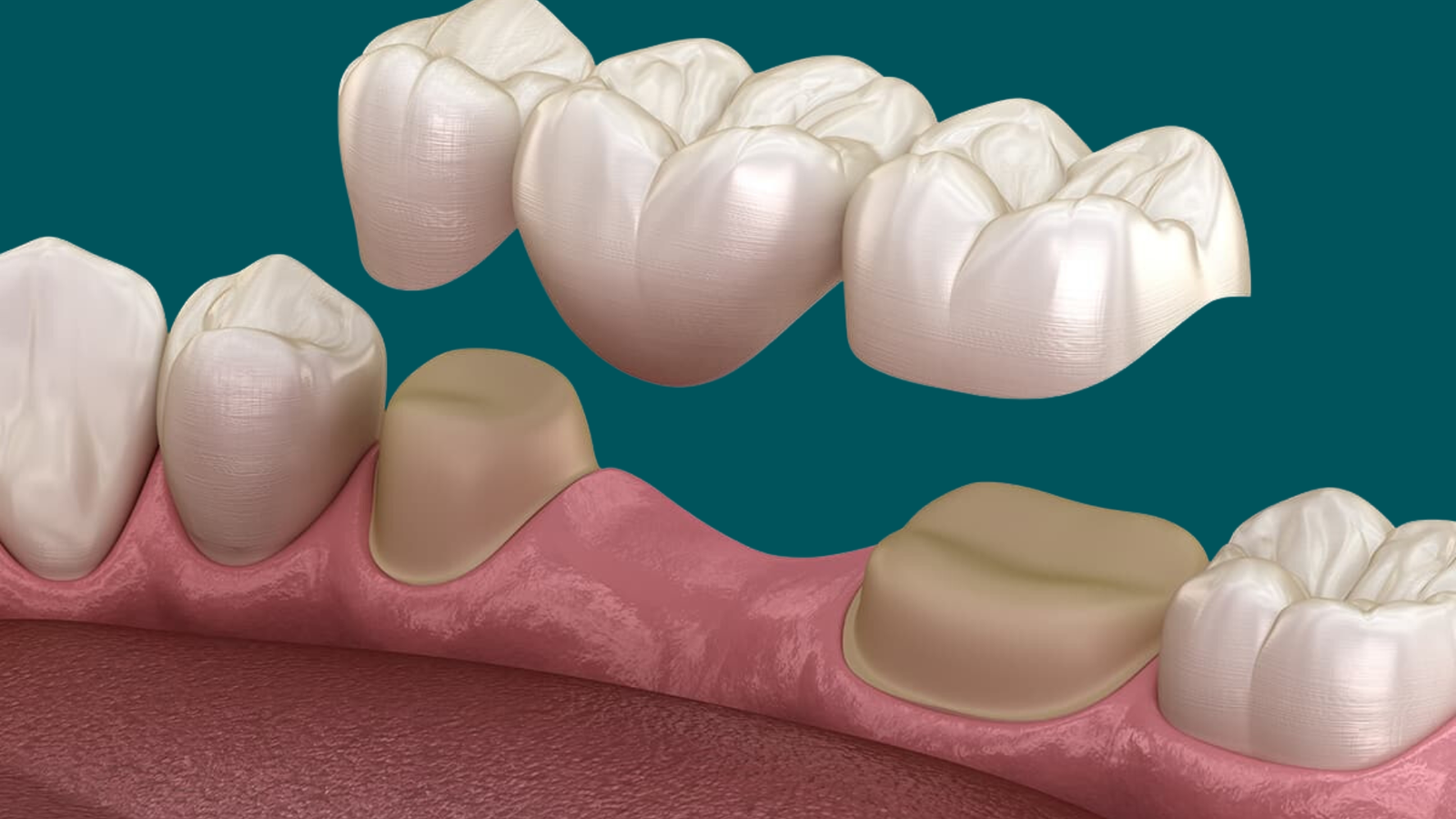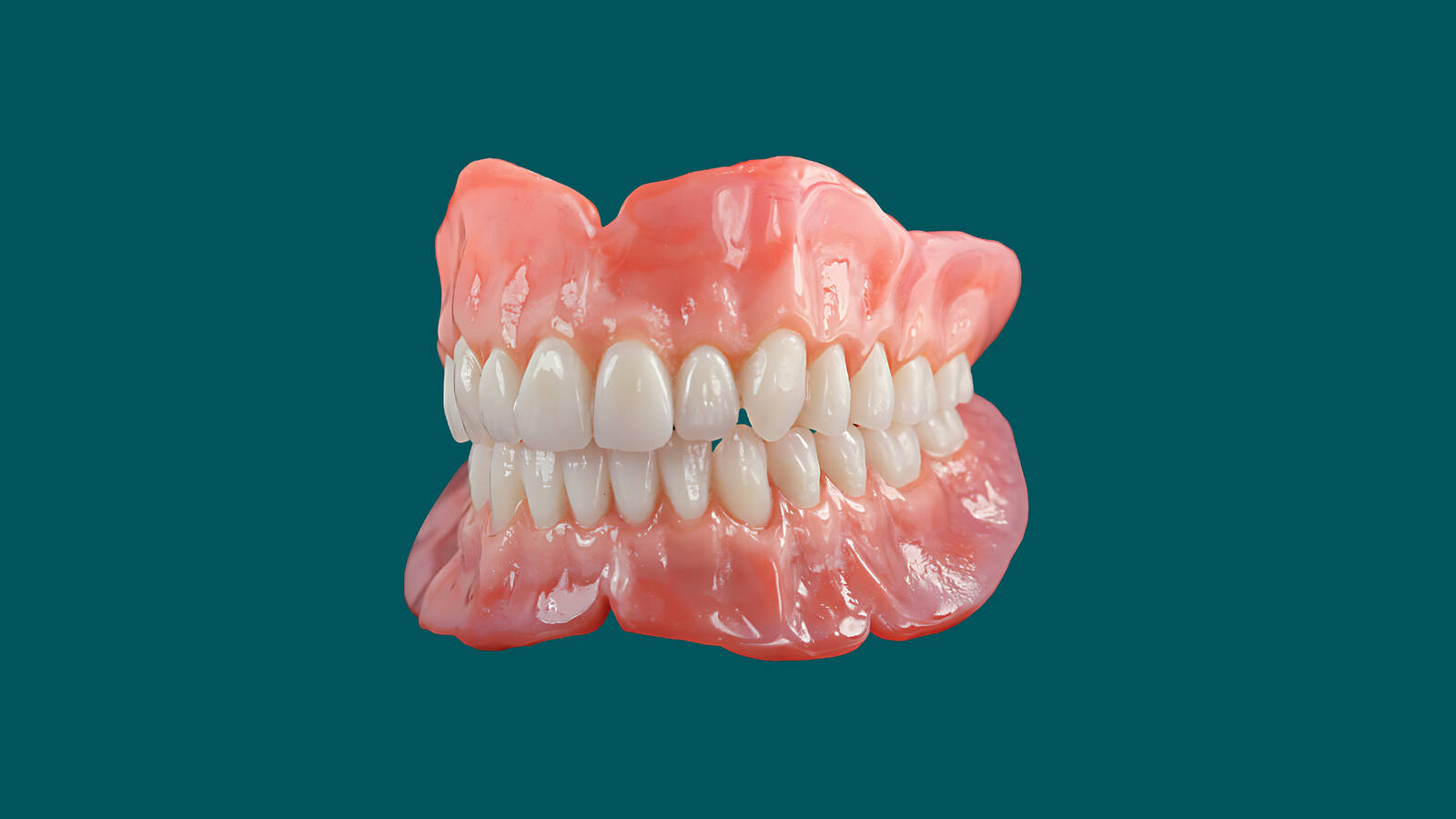Dental Implants
Securing your smile with precision and strength.
Discover the benefits below.
Natural Functionality.
Aesthetic Integrity.
Lifetime Durability.
In a glance.
Consider When
- You have one or more missing teeth due to decay, injury, or other dental issues.
- You seek a long-term solution with stability superior to dentures or bridges.
Consider Other Options If
- Your jawbone is significantly weakened or undeveloped.
- You have active or untreated gum disease.
- You are under the age of 18.
- You have certain health conditions, such as bone or autoimmune disorders.
The Benefits
- Restores full chewing power.
- Looks and feels like natural teeth.
- Does not alter adjacent teeth, preserving more of your natural tooth structure.
- Prevents bone loss in the jaw, maintaining facial structure.
The Drawbacks
- Surgical procedure: Requires multiple visits and healing time.
- Higher upfront cost compared to other dental restoration methods.
- Small chance of body rejection, or failure, of the implant.
Learn the process.
1. Initial Assessment
Determining your suitability for an implant.
2. Surgical Implantation
Inserting the implant post directly into the jawbone, under local anesthesia or sedation.
3. Healing & Osseointegration
Allowing time for the implant to integrate with the bone, ensuring a stable base for the artificial tooth.
4. Abutment Placement
Fitting the connector piece that will hold your new tooth.
5. Artificial Tooth Placement
Attaching the crown, bridge, or denture to the abutment for a complete restoration.
Learn More
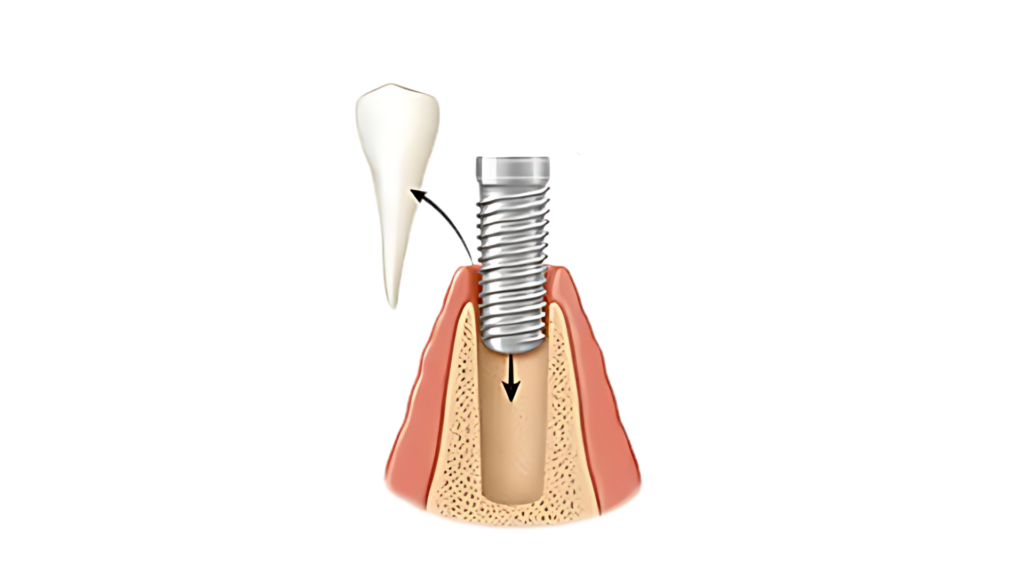
Surgical Implantation
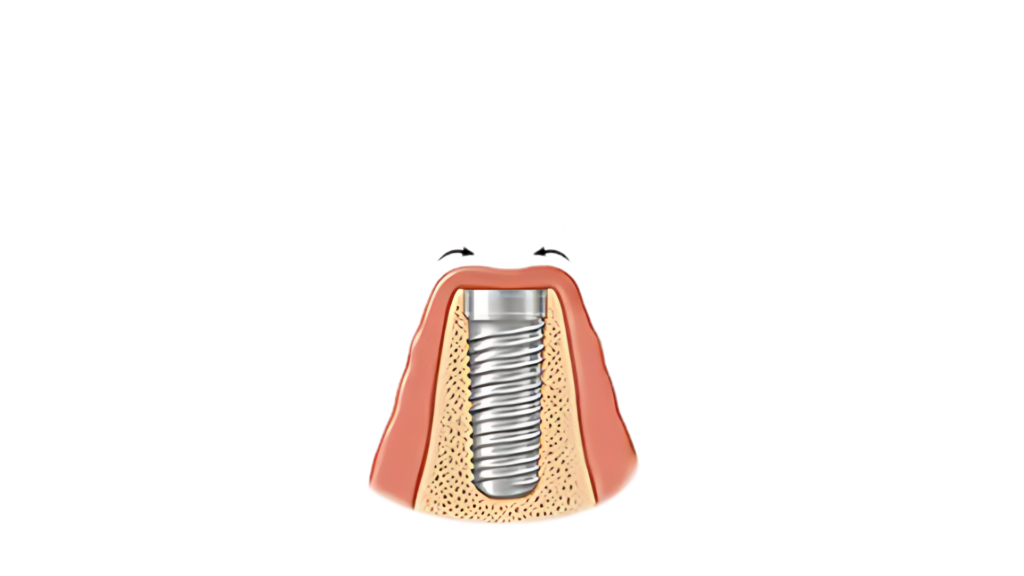
Healing & Osseointegration Period
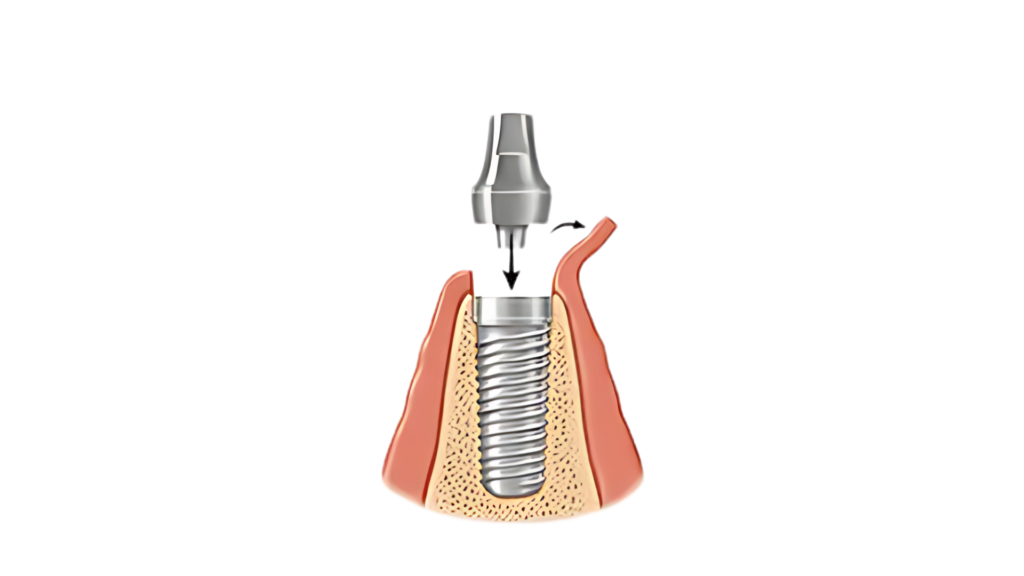
Abutment Placement & Impression
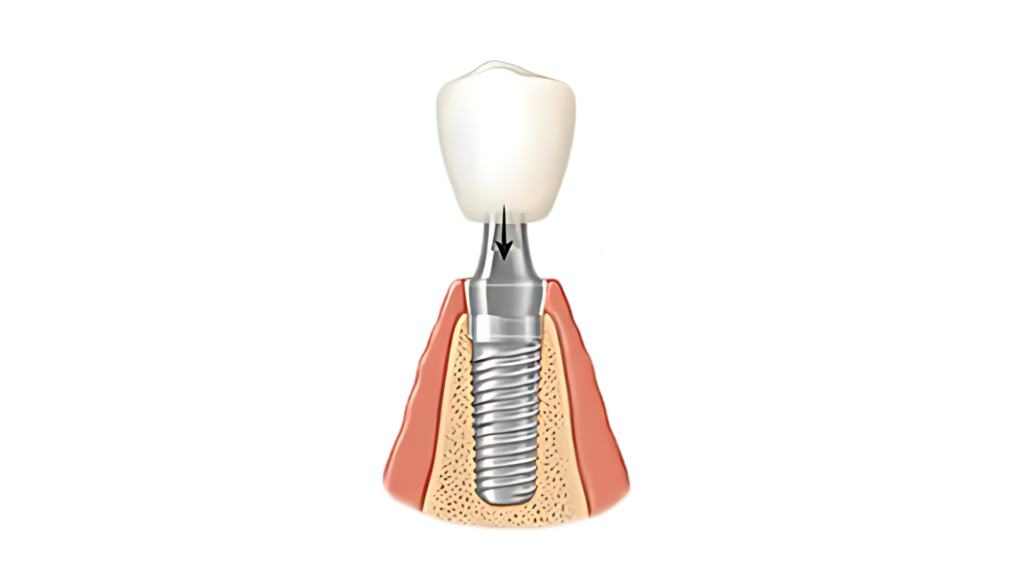
Final Restoration Placement
Not a candidate?
If limited bone availability has made you ineligible for dental implants, don't worry. The Periodontology Department at Mirage Dental Clinic can enhance your bone structure, making you a viable candidate for implants. Simple and effective, our expert procedures ensure you can proceed confidently with your dental implant plans.
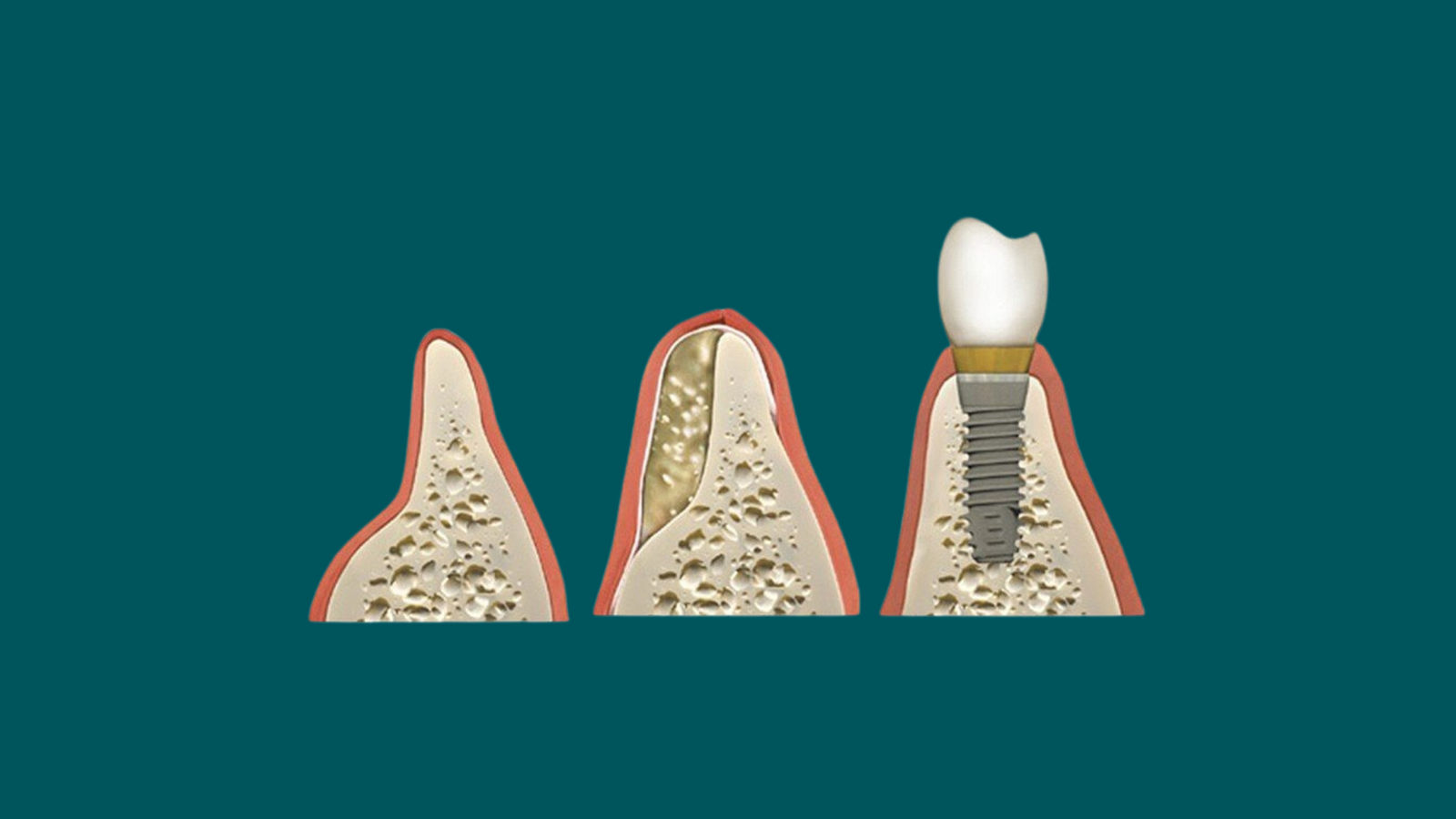
Bone Augmentation
If your jawbone isn’t thick enough to secure a dental implant. Bone augmentation involves grafting bone or bone-like materials to the jaw, increasing its volume and density.
Sinus Lifting
For cases with insufficient bone height in the upper jaw or those whose sinuses are too close to the jaw. Sinus lift elevates the sinus membrane and adds bone below it, creating adequate space to place implants.What can be attached to a dental implant?
A message from Mirage Dental Clinic.
Steps and care.
Protecting your implant and replaced teeth.
Before implant placement surgery
After implant placement
During healing phase
Things to Avoid
Frequently asked.
Dental implant placement is a surgical procedure, and some discomfort is expected. However, this can be managed with nonsteroidal anti-inflammatory drugs (NSAIDs) like ibuprofen, which help reduce pain and swelling. To further minimize discomfort, avoid strenuous activities such as going to the gym for a few days. Increased heart rate, especially within the first 72 hours, can exacerbate pain, swelling, and bruising.
Yes, dental implants are safe and have been recommended by dentists for over 50 years when placed by a skilled and experienced surgeon. As long as you maintain healthy teeth and gums and commit to good oral hygiene, dental implants can provide a lifelong solution to tooth loss.
If you've been told you're not a candidate for dental implants due to bone loss, consider getting a second opinion. It's true that not everyone qualifies for dental implants, but you may be eligible for regenerative procedures like dental bone grafts or sinus lifts, which can enhance bone density and possibly make you a viable candidate for implants.
If regenerative procedures aren't suitable for you, there are alternative teeth replacement options available that can effectively address your needs.
Speak with our dentists.
Alternative Options.
Discover choices beyond implants.
